The question of whether you can legally sleep in your car in Indiana is more nuanced than a simple yes or no answer. As travel patterns shift and housing challenges persist across the United States, understanding the legalities around car camping and overnight vehicle stays has become increasingly important for residents and visitors alike. With nearly 60% of U.S. cities having at least one law prohibiting people from sleeping in cars, according to the National Homelessness Law Center, Indiana presents a relatively permissive landscape for those needing to rest in their vehicles.
Understanding the Legal Framework
State-Level Regulations
Indiana does not have a general state law that prohibits sleeping in your car. This absence of a blanket prohibition means that at the state level, resting in your vehicle is generally considered legal. The Indiana Department of Transportation (INDOT) has not established specific statewide guidelines that outright ban overnight stays in vehicles, making Indiana more accommodating compared to states like Hawaii, which prohibits sleeping in cars statewide between 6 p.m. and 6 a.m. on public roadways.
However, the legal landscape becomes more complex when you consider that local ordinances and municipal laws can override this state-level permissiveness. Cities and counties across Indiana maintain the authority to establish their own regulations regarding overnight parking and vehicle occupancy, creating a patchwork of rules that vary significantly from one jurisdiction to another.
Federal Laws and Considerations
While no federal law explicitly prohibits sleeping in your car, several federal regulations can indirectly affect the legality of your overnight stay. Private property laws protect business owners and private landowners, making it illegal to sleep in your car on someone else’s property without permission. This includes shopping centers, private parking lots, and residential driveways.
Additionally, federal DUI laws create complications for intoxicated individuals considering sleeping in their vehicles. Even if you’re attempting to be responsible by not driving while impaired, you could still face legal consequences if law enforcement determines you were “operating” the vehicle while under the influence.
Where You Can Legally Sleep in Your Car
Rest Areas and Highway Stops
Indiana allows overnight parking at most of its rest areas, making these locations among the safest and most legally sound options for car sleeping. Unlike states such as Colorado and North Carolina that prohibit overnight parking at rest areas entirely, or Illinois which limits stays to three hours, Indiana generally permits extended stays for safety purposes.
However, travelers should be aware that some Indiana rest areas display signs prohibiting overnight parking. These signs typically indicate local policies or safety concerns specific to that location. When such signage is present, it’s advisable to limit your stay to a few hours for a brief nap rather than an extended overnight rest.
The philosophy behind allowing rest area sleeping aligns with highway safety principles – tired drivers pose significant risks to themselves and others on the road. INDOT recognizes that providing safe spaces for drivers to rest can prevent accidents and save lives, which is why most rest areas remain accessible for longer stays.
Walmart and Commercial Parking Lots
Many Walmart locations across Indiana have historically allowed overnight parking for travelers and RV users, though this practice varies by individual store policy and local ordinances. The retail giant’s corporate policy generally permits overnight parking, but store managers retain the discretion to restrict this practice based on local regulations or security concerns.
When considering sleeping in a commercial parking lot, always check with store management first. What might be acceptable at one location could be prohibited at another, even within the same chain. Some 24-hour establishments, particularly grocery stores and truck stops, may be more accommodating to overnight parking arrangements.
Religious and Community Spaces
Some churches and community organizations in Indianapolis and other Indiana cities may allow overnight parking on their property, especially for individuals experiencing temporary housing challenges. However, this option requires advance permission and should never be assumed without explicit consent from property owners or administrators.
These arrangements often work best when approached respectfully and with transparency about your situation. Many faith-based organizations have experience helping individuals in transition and may offer additional resources beyond just a safe place to park.
Understanding Local Restrictions
Municipal Ordinances
Urban areas in Indiana typically have more stringent regulations regarding overnight parking and vehicle occupancy compared to rural communities. Cities like Indianapolis, Fort Wayne, and Evansville maintain specific ordinances that may restrict where and when you can park overnight, even if sleeping in the car itself isn’t explicitly prohibited.
These local laws often address concerns about public safety, property values, and community standards. Violations can result in fines ranging from minimal amounts to several hundred dollars, and repeated offenses may lead to vehicle impoundment or other legal consequences.
Enforcement Patterns
Law enforcement approaches to car sleeping vary significantly across different Indiana communities. In urban areas, police may be more likely to check on individuals sleeping in vehicles, particularly in commercial districts or residential neighborhoods. Rural areas often see less active enforcement, though this doesn’t guarantee immunity from legal issues.
Officers typically have discretion in how they handle these situations, and factors such as the location of your vehicle, your behavior when contacted, and local community concerns can all influence the outcome of any police interaction.
Safety and Legal Considerations
DUI Implications
One of the most serious legal risks associated with sleeping in your car involves alcohol consumption and DUI laws. Indiana law prohibits “operating” a vehicle with a blood alcohol content of 0.08% or higher. The legal definition of “operating” can be interpreted broadly, potentially including situations where someone is sleeping in a vehicle while intoxicated.
Courts consider several factors when determining if someone was “operating” a vehicle, including whether the engine was running, the location of the vehicle, the person’s position within the car, and their stated intentions. While sleeping in the back seat with the keys out of reach might provide some legal protection, it’s not a guarantee against DUI charges.
The legal system recognizes the paradox here – punishing someone for trying to be responsible by not driving drunk – but law enforcement and prosecutors often remain skeptical of intoxicated individuals found sleeping in vehicles, suspecting they may have driven to that location while impaired.
Climate and Safety Precautions
Temperature control presents both safety and legal challenges when sleeping in your car in Indiana. The state’s climate can produce dangerous conditions for vehicle occupancy, from sub-zero winter temperatures to sweltering summer heat. Running your engine for climate control creates risks of carbon monoxide poisoning and may attract unwanted attention from law enforcement.
Many legal complications arise from safety violations rather than the act of sleeping itself. Leaving an engine running unattended, improper parking that blocks traffic or emergency access, or creating disturbances can transform a legal overnight stay into a citation-worthy offense.
Documentation and Preparation
Keeping proper documentation can help if you’re questioned by police while sleeping in your car. Having valid registration, insurance, and identification readily available demonstrates that you’re not engaged in illegal activity. If you’re traveling, having itinerary information or hotel reservations for subsequent nights can help explain your situation to law enforcement.
Best Practices for Legal Compliance
Research Before You Rest
Always investigate local ordinances before settling in for the night. City websites often contain parking regulations and overnight restrictions. When in doubt, contacting local police non-emergency lines can provide clarity about specific locations and current enforcement practices.
Social media groups and online forums dedicated to car camping and travel often contain valuable, up-to-date information about Indiana locations where overnight parking is accepted or prohibited. Fellow travelers frequently share experiences and warn about areas where enforcement has increased.
Choose Locations Strategically
Well-lit, public areas with regular activity often provide the safest options for overnight parking. Truck stops, highway rest areas, and some retail locations offer better security than isolated parking lots or residential streets. However, balance visibility with discretion – you want to be safe but not necessarily obvious about your sleeping arrangements.
Avoid parking in areas that clearly serve other purposes, such as fire lanes, loading zones, or spaces designated for specific businesses. These locations almost always have legal restrictions that can result in citations or towing, regardless of local policies about car sleeping.
Maintain a Low Profile
The key to avoiding legal problems often lies in being a respectful, temporary presence. Keep your vehicle clean and in good repair, dispose of trash properly, and avoid creating any disturbances that might draw complaints from nearby businesses or residents.
If approached by law enforcement, cooperation and honesty typically produce better outcomes than evasion or confrontation. Explain your situation calmly, provide requested documentation, and comply with any instructions to move your vehicle.
The Broader Context
Housing Challenges and Legal Response
Indiana, like many states, faces growing challenges related to housing affordability and homelessness. While car sleeping is often viewed through the lens of travel and convenience, it increasingly serves as a housing strategy for individuals and families facing economic hardship.
Legal frameworks are slowly adapting to these realities, with some communities exploring designated safe parking programs that provide legal overnight parking areas with access to basic services. These programs recognize that criminalizing car sleeping often exacerbates rather than solves underlying social issues.
Future Legal Developments
Trends in other states suggest that Indiana may see evolving regulations around vehicle habitation in coming years. Some jurisdictions are moving toward more permissive policies that acknowledge car sleeping as a legitimate temporary housing option, while others are implementing stricter enforcement in response to community concerns.
The legal landscape will likely continue evolving as communities balance individual needs with public safety and quality of life concerns. Staying informed about these changes becomes increasingly important for anyone who might need to sleep in their vehicle, whether by choice or necessity.
Conclusion
Sleeping in your car in Indiana exists in a legal gray area that varies significantly based on location, circumstances, and local enforcement priorities. While the state doesn’t prohibit the practice outright, local ordinances, private property rights, and specific circumstances can create legal complications for the unprepared.
The safest approach involves thorough research, strategic location selection, and respectful behavior that minimizes the likelihood of conflicts with law enforcement or property owners. Understanding both your rights and the potential restrictions helps ensure that a necessary rest doesn’t become a legal problem.
As housing challenges continue to affect communities across Indiana, the conversation around car sleeping will likely evolve. For now, knowledge, preparation, and discretion remain your best tools for navigating this complex legal landscape while staying safe and compliant with local laws.
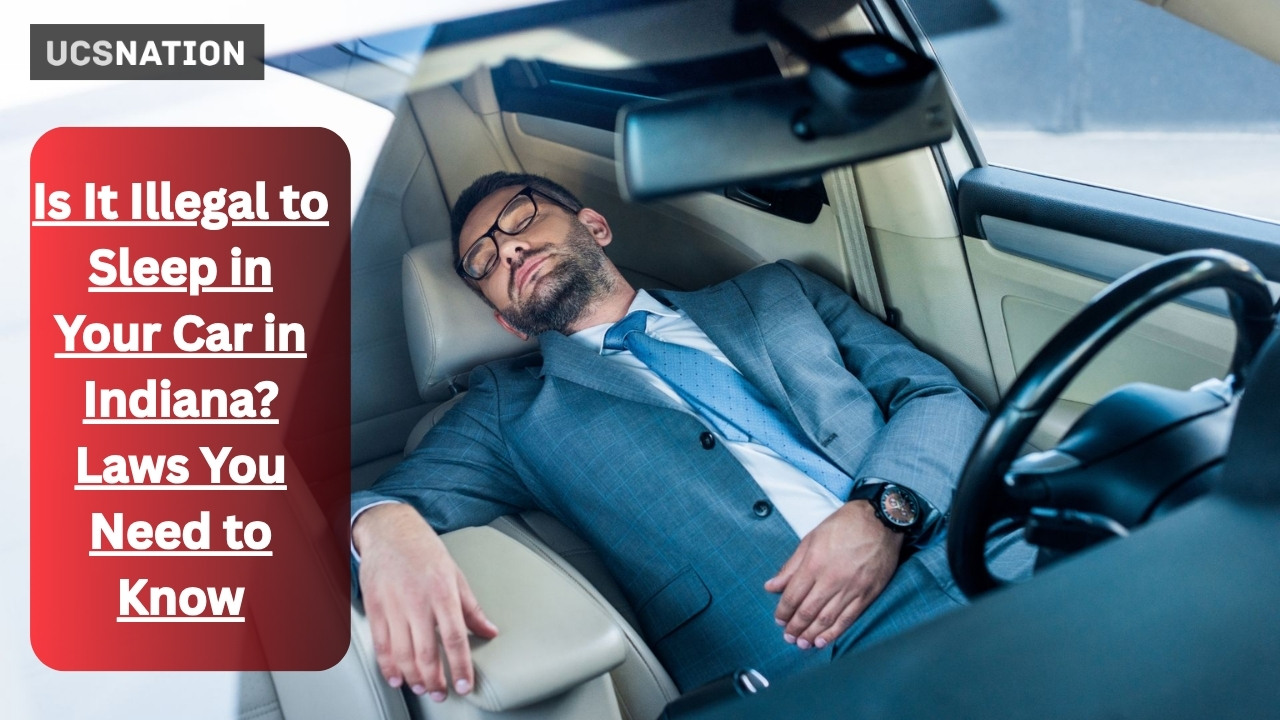





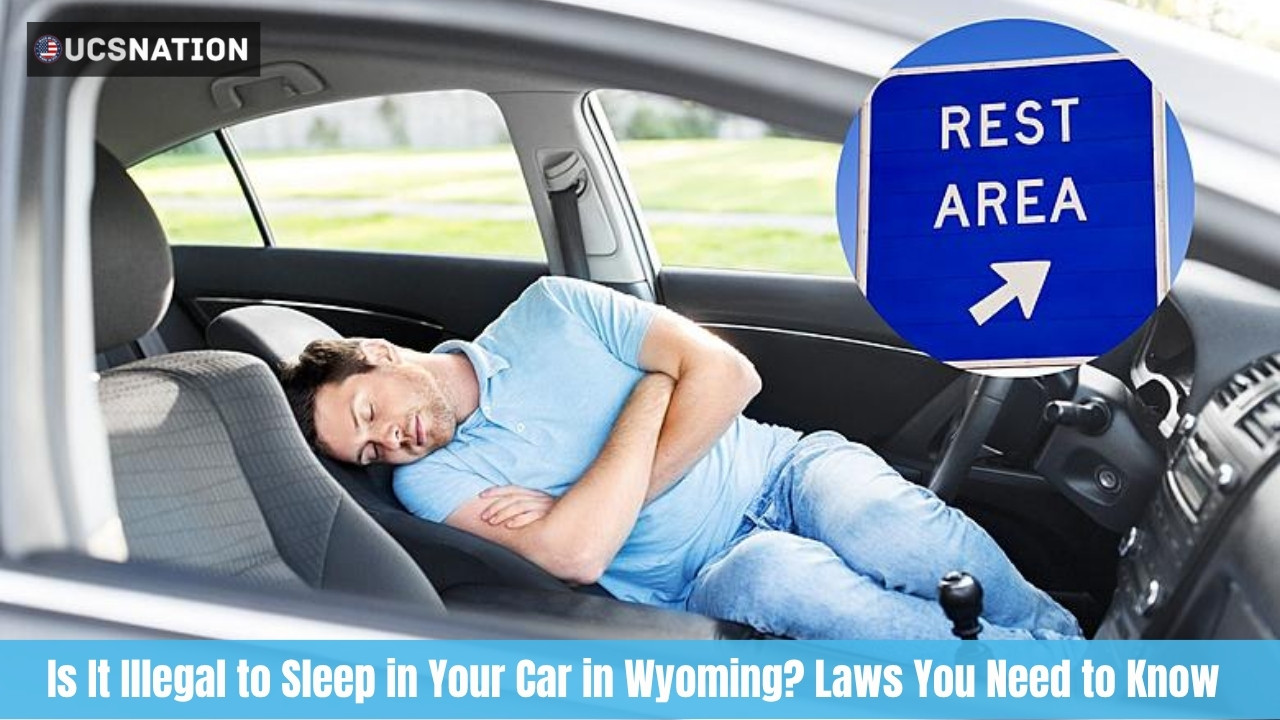
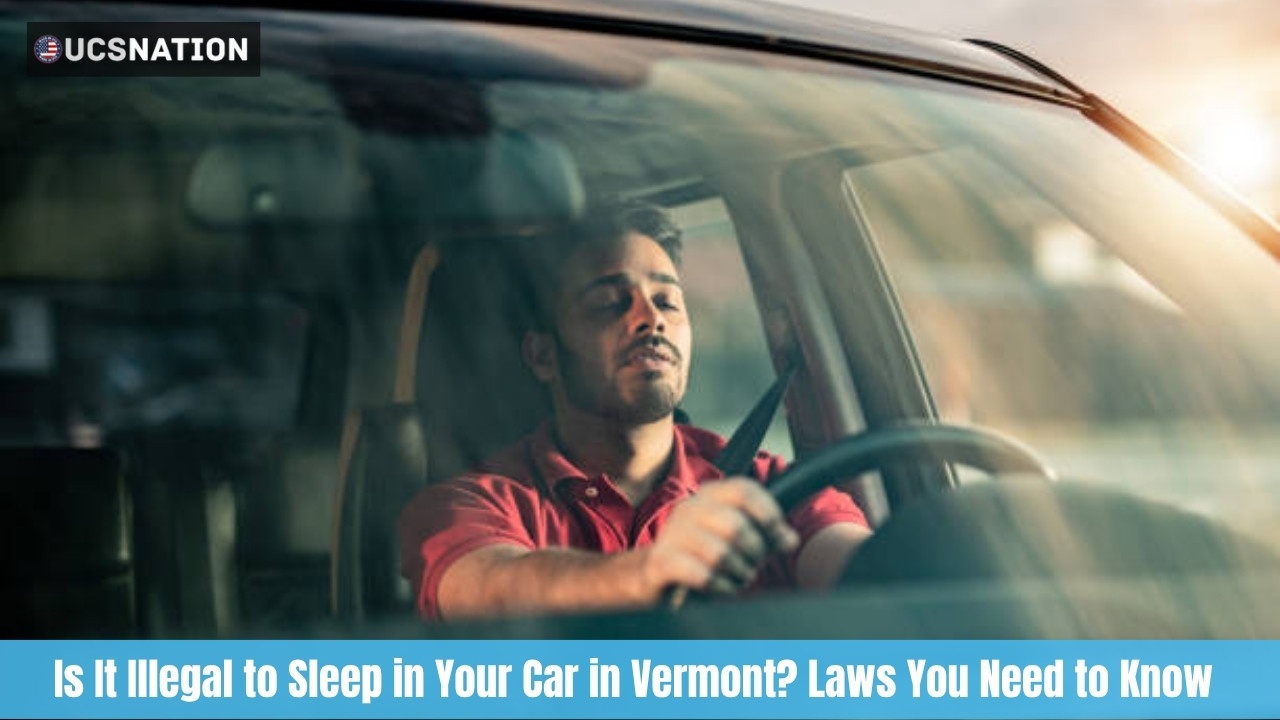
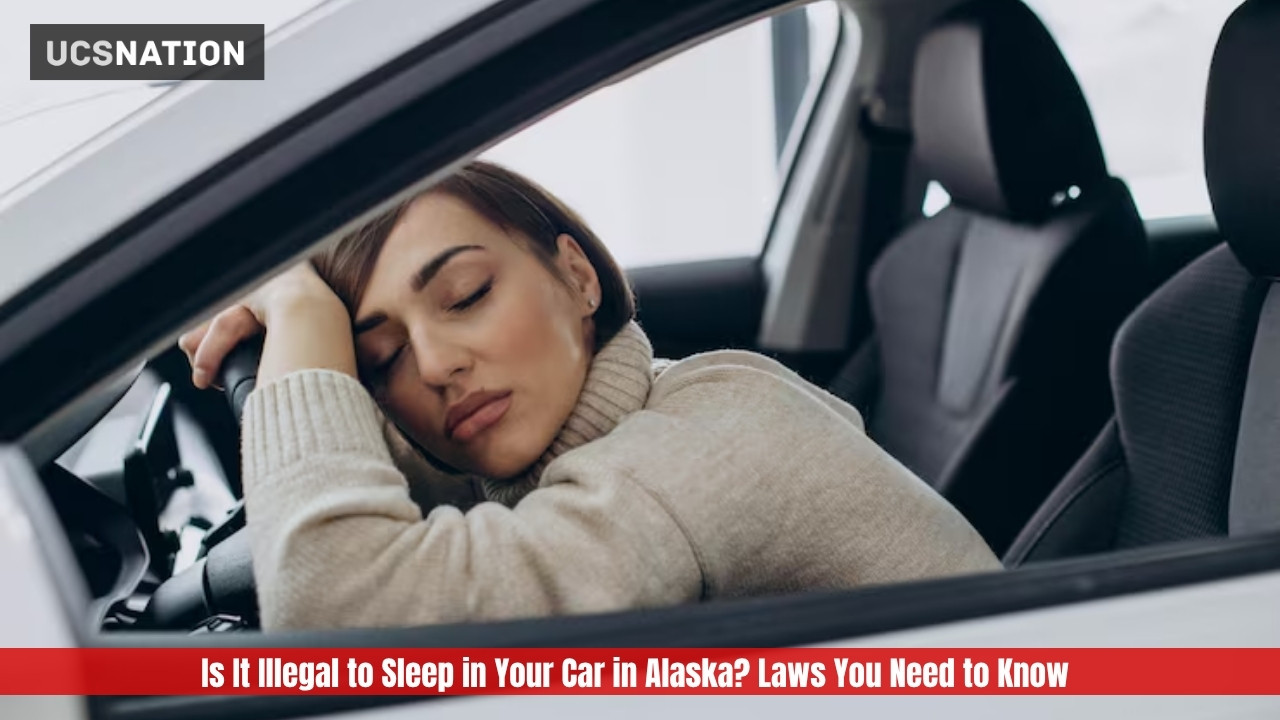
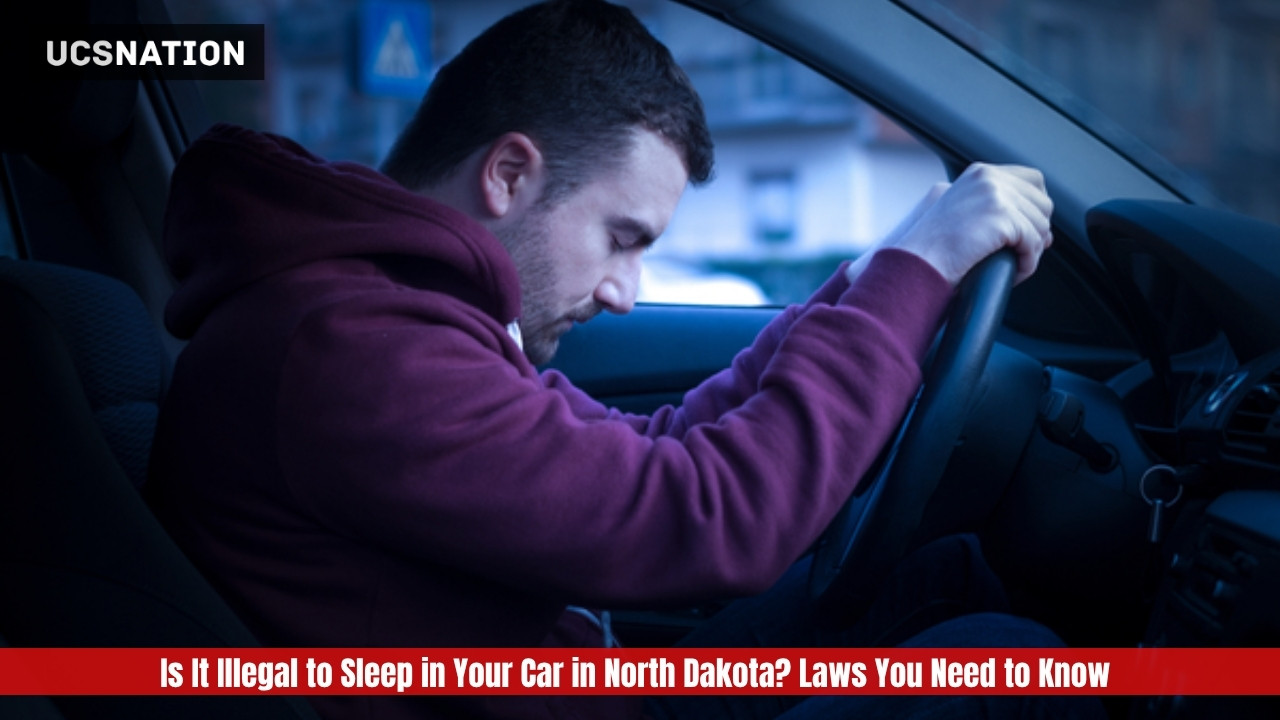
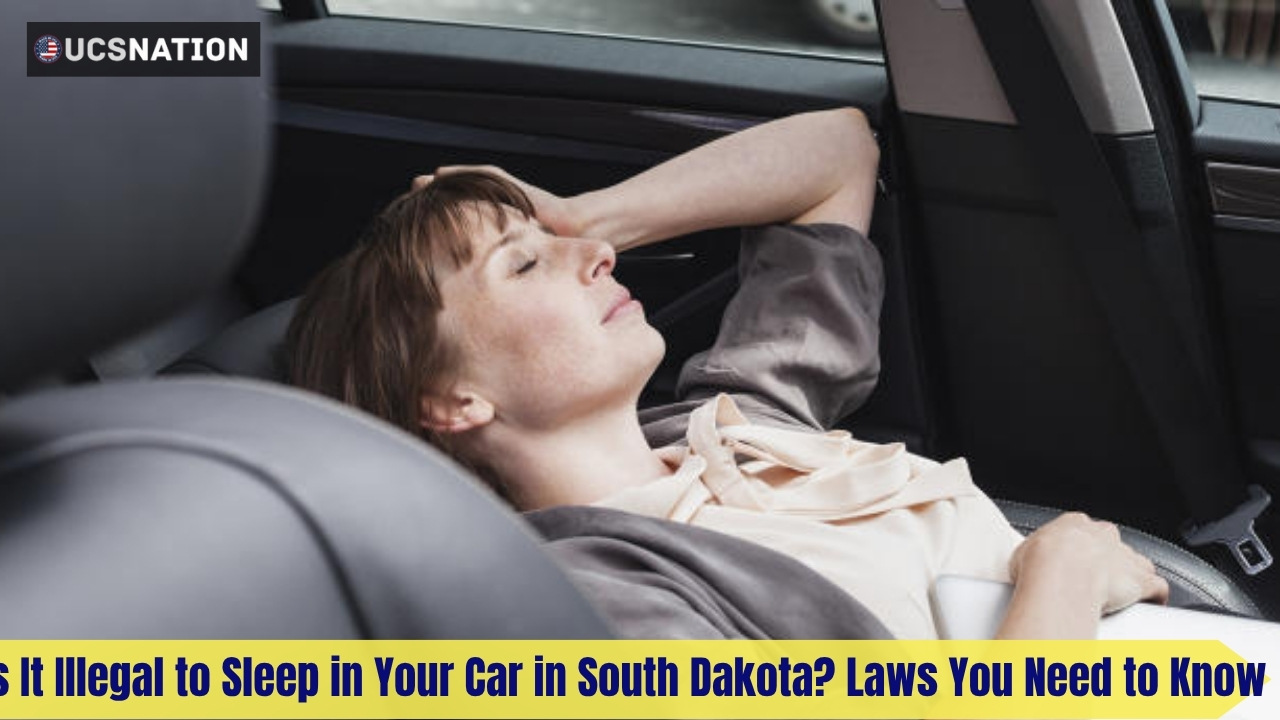




Leave a Reply